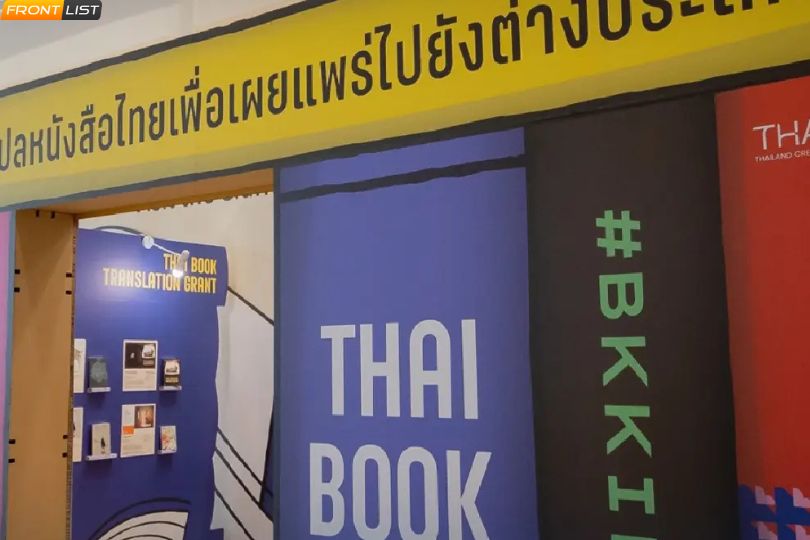Microsoft’s Secret AI Training Deal with Taylor & Francis Sparks Academic Outrage
Microsoft's AI deal with Taylor & Francis sparks academic outrage, highlighting concerns over data capitalism and calls for decentralized publishing models.on Jul 23, 2024

Microsoft's recent agreement with Taylor & Francis to use its extensive catalog of academic publications for AI training has drawn intense criticism from the academic community. Scholars have expressed concern over being excluded from discussions about the deal, which they believe undermines their contributions.
The deal, which spans from 2024 to 2027, grants Microsoft non-exclusive access to Taylor & Francis' content. As part of the agreement, Microsoft will make annual payments of approximately £8 million and assist Informa, Taylor & Francis' parent company, in exploring and expanding AI applications within their business operations.
Dr. Ruth Alison Clemens, a contributor to Taylor & Francis publications, voiced her dismay on social media, criticizing the deal as a troubling example of "data capitalism." Similarly, the Society of Authors, a UK-based trade union, has expressed concerns over publishers making deals with tech companies without consulting the authors and creators involved.
This controversy highlights growing discontent with the current academic publishing model, which is dominated by a few major commercial publishers, often referred to as the big five. Critics argue that this system exploits researchers who contribute their work for free while selling access to the very institutions that fund the research.
In response to these issues, some academics are advocating for a shift towards independent and decentralized publishing models. Suggestions include funding journals directly through libraries and universities to bypass commercial publishers, as well as exploring decentralized platforms like Olas, Farcaster, and Lens Protocol. These alternatives aim to empower authors, provide greater control over their work, and ensure a more equitable distribution of revenue and recognition.
In the academic sphere, Ciaran Murray’s Olas platform aims to create a decentralized news and academic publishing system with a sophisticated tokenomics model to incentivize quality and accuracy.
Similarly, projects like PRINCIPIA and PubChain propose blockchain-based systems for peer review and decentralized content hosting to offer new ways of managing academic publishing and ensure greater transparency and fairness in the industry.



.jpg)






.jpg)

.jpg)

.jpg)
.jpg)

.jpg)










Sorry! No comment found for this post.